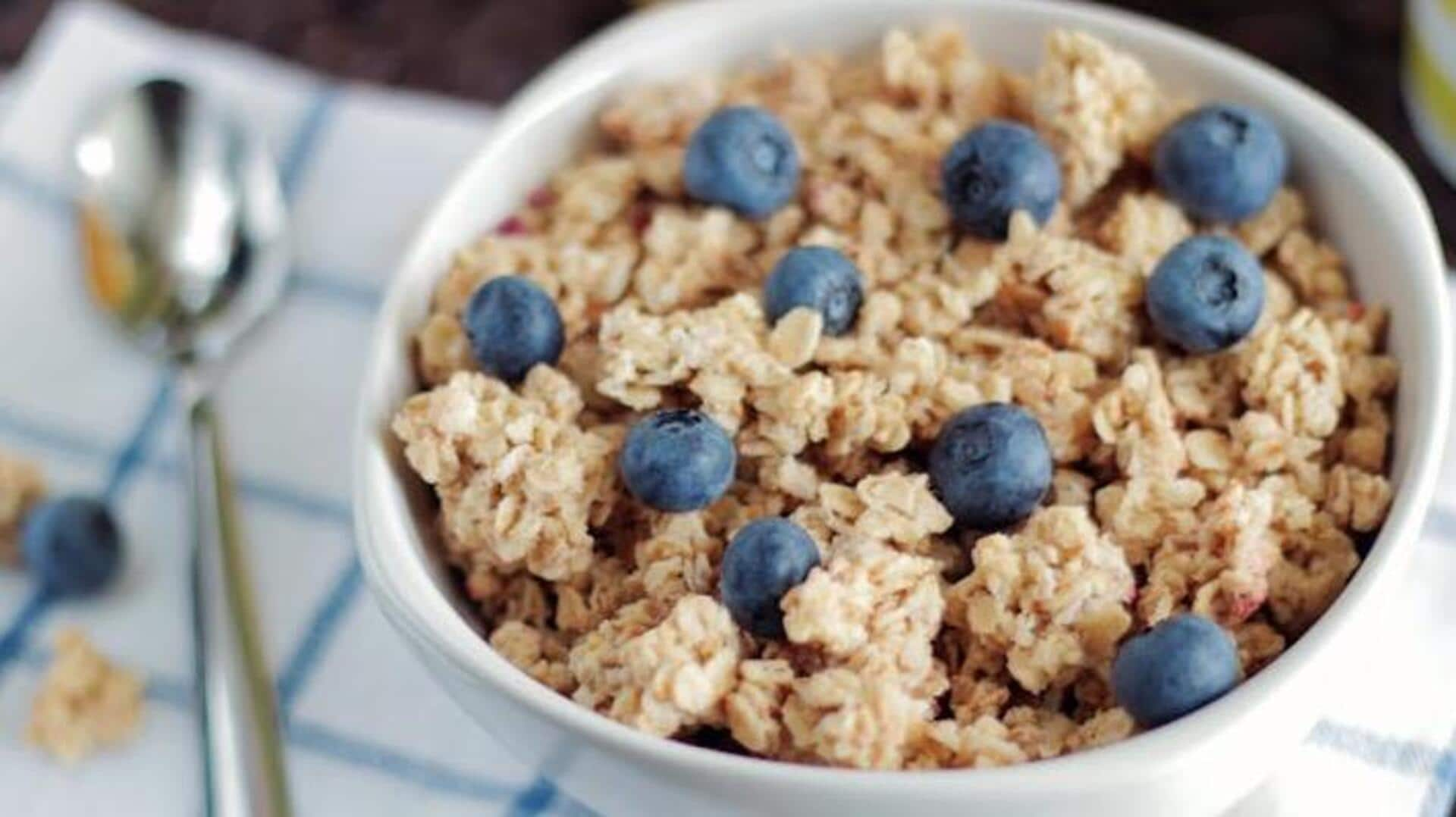
Oatmeal v/s cornmeal: Which is healthier?
What's the story
Both oatmeal and cornmeal are breakfast staples and used widely in baking, but they have different nutritional benefits. This article compares the two, looking at their nutritional value, health benefits, fiber content, vitamins, and impact on blood sugar levels, to help you make informed dietary choices.
Drive 1
Nutritional composition comparison
Compared to cornmeal, oatmeal has more protein and fiber. A standard serving of oatmeal has roughly six grams of protein and four grams of fiber, while cornmeal provides approximately three grams of protein and two grams of fiber per serving. The additional protein from oatmeal can be useful for muscle repair and growth, while its fiber helps digestion.
Drive 2
Vitamin content analysis
Both oatmeal and cornmeal have essential vitamins but differ in the type. Oatmeal is a good source of B vitamins such as thiamine, riboflavin, niacin, and folate that support energy production. Cornmeal, on the other hand, provides vitamin A due to its carotenoid content which is beneficial for eye health.
Drive 3
Impact on blood sugar levels
The glycemic index (GI) indicates how fast foods increase blood sugar levels. Oatmeal has a lower GI than cornmeal because of its soluble fiber, which takes longer to digest. This makes oatmeal a preferable choice for those controlling blood sugar levels since it causes slower glucose absorption than the rapid spike from eating cornmeal.
Drive 4
Health benefits overview
Oatmeal contains a high amount of beta-glucan fibers, which are extremely important to keep cholesterol levels in check. This lowered cholesterol can drastically reduce the risk of heart disease in the long run. Meanwhile, cornmeal is loaded with antioxidants such as lutein, which are important to maintain eye health. These antioxidants protect the eyes from oxidative stress damage, keeping vision healthy and preventing degenerative diseases.